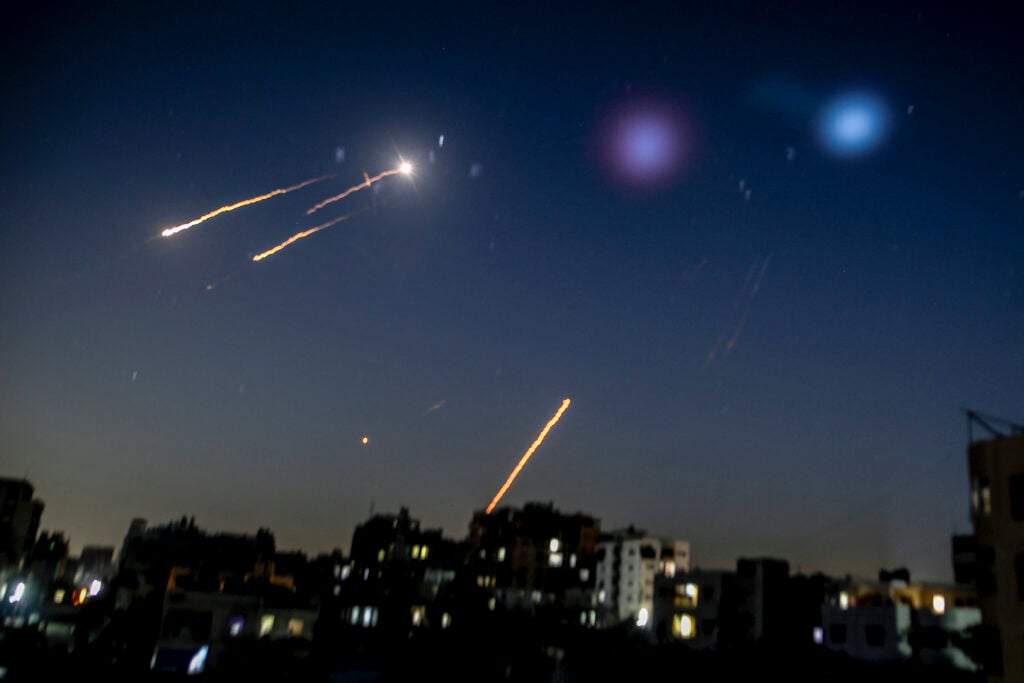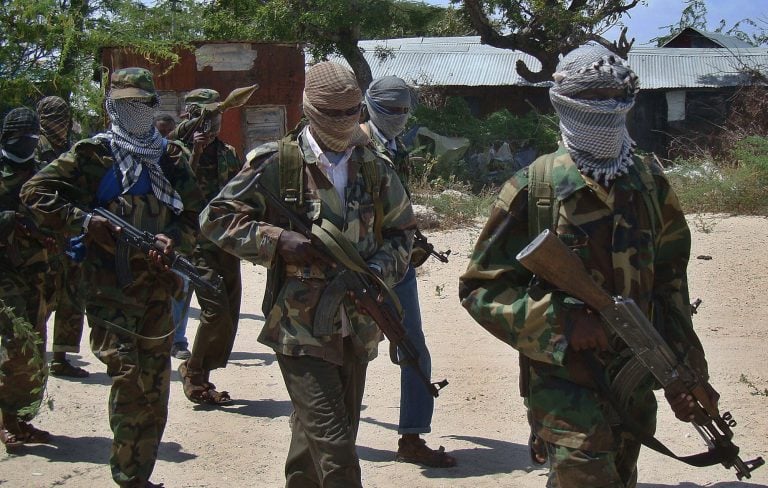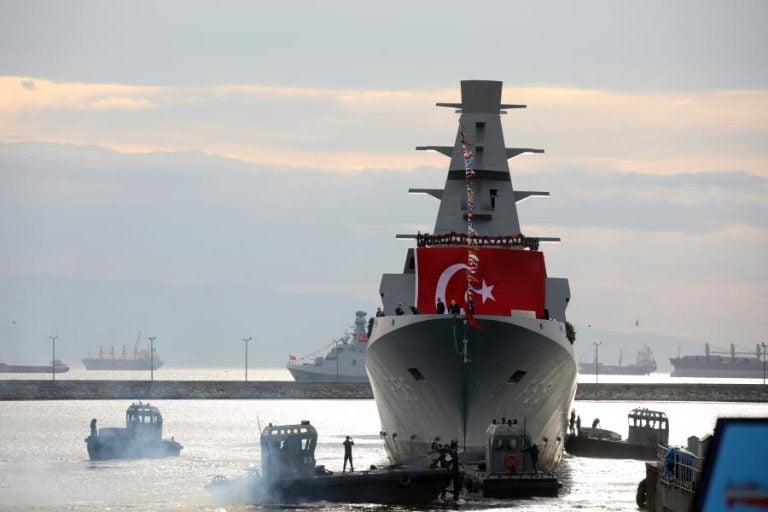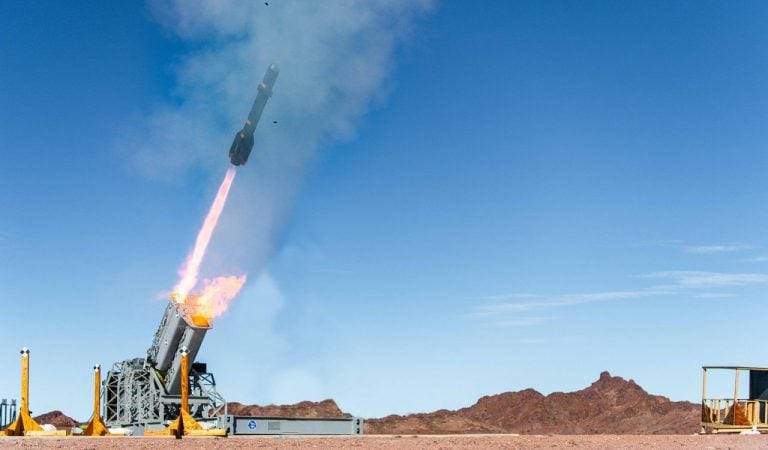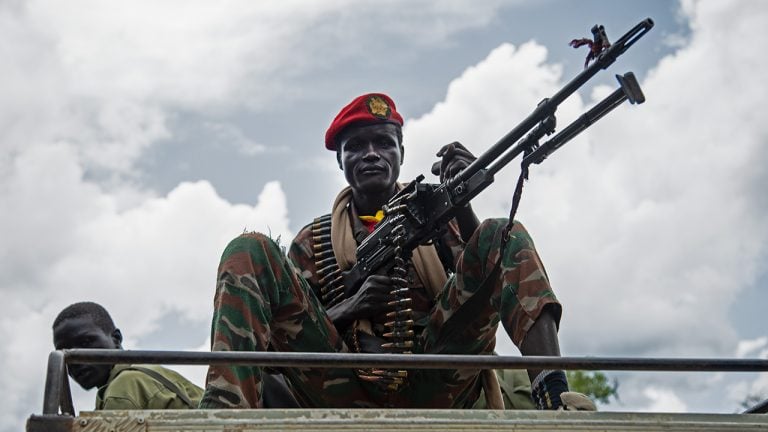Iran has expressed skepticism regarding Israel’s commitment to a ceasefire that came into effect after a 12-day conflict that escalated significantly this month. The hostilities began on June 13, marked by an aggressive Israeli bombing campaign that resulted in the deaths of several high-ranking military officials and scientists involved in Iran’s controversial nuclear development program. Israel has justified its actions by asserting the need to prevent Iran from acquiring nuclear weapons, a claim Tehran consistently rejects, maintaining that its nuclear pursuits are solely for peaceful energy purposes.
The violence has disrupted ongoing nuclear negotiations between Iran and the United States, a crucial ally of Israel. Abdolrahim Mousavi, Iran’s armed forces chief of staff, stated, “We did not start the war, but we have responded to the aggressor with all our power.” He further conveyed Iran’s serious doubts about whether Israel would adhere to the ceasefire, emphasizing the country’s readiness to retaliate if attacked again. This comment came six days after the ceasefire was announced by U.S. President Donald Trump.
During the conflict, which saw considerable military engagement, the United States participated in airstrikes targeting three facilities critical to Iran’s nuclear ambitions. President Trump has issued warnings of additional action should Iran enhance its uranium enrichment capabilities, which significantly exceeded limits established in a 2015 agreement, from which the U.S. withdrew in 2018. The International Atomic Energy Agency reported that Iran enriched uranium to 60% purity in 2021, far surpassing the 3.67% threshold.
Israel, while refraining from formally disclosing its own nuclear capabilities, is estimated by the Stockholm International Peace Research Institute to possess around 90 nuclear warheads. The recent conflict has had a staggering human toll; Iranian officials reported that at least 627 civilians were killed and 4,900 injured as a result of the fighting, while Israeli estimates claim retaliatory missile strikes from Iran resulted in the deaths of 28 individuals.
Amidst the chaos, Iran detained numerous individuals accused of espionage for Israel and claimed to have confiscated various pieces of equipment, including drones and weaponry. In a legislative move, Iran’s parliament has also voted to prohibit the unauthorized use of certain communication technologies, notably Elon Musk’s Starlink satellite internet service.
The conflict escalated further with an Israeli airstrike on Tehran’s Evin prison, which reportedly killed at least 71 people, including administrative staff and prisoners. This heavily surveilled facility is known to house both political dissidents and foreign nationals. French officials confirmed that two French citizens, held there for three years, were not harmed in this attack, which was denounced as “unacceptable” by the French Foreign Minister.
In response to the airstrike, Iranian authorities have begun transferring inmates out of Evin prison, though details about those relocated remain undisclosed. High-profile inmates at the facility have included Nobel Prize laureate Narges Mohammadi and other notable foreign detainees, underlining the complex international ramifications of the ongoing conflict.
